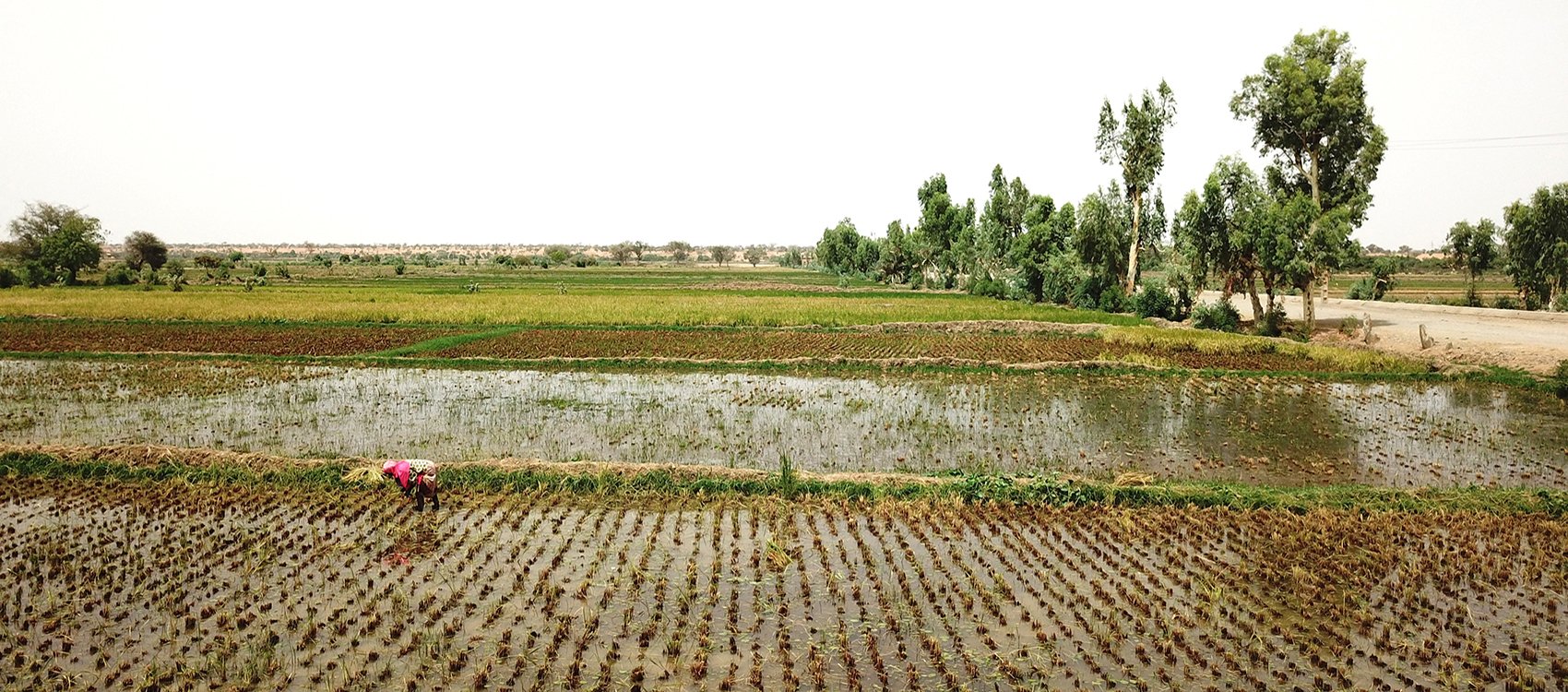Scientific collaboration between Franco-African agronomic research institutions dates back to many decades. Together, they have been at the forefront of tackling a variety of challenges related to the food systems and strengthening food security.
But with the regionÔÇÖs challenges getting complex and complicated, research actors of the Sahel decided to come together and renew their engagement to deepen collaboration to address these issues. Meeting in Burkina FasoÔÇÖs capital on Friday, September 21, 2018, twelve Sahelian-based national and regional research institutions signed the ÔÇśOuagadougou Declaration.ÔÇÖ France, Germany and the┬áEconomic Community of West African States┬áwitnessed the signing ceremony.
ÔÇťNot only does this bring fresh hopes in the fight against hunger and poverty in the region but it also ushers in a new era of research cooperation in French-speaking Africa,ÔÇŁ says┬áDr. Abdou Tenkouano, Executive Director of CORAF, one of the signatories of the agreement.
Launched in 2017 in Burkina Faso, the Alliance Sahel seeks the development of the Sahel region of Africa primarily. About nine international and regional development organizations are part of the Alliance.
Climate change, population increase, youth unemployment, declining agriculture productivity, malnutrition, soil degradation, insecurity resulting from terrorism, etc. are some of the significant problems facing the countries of the Sahel. Among the many approaches and solutions, governments and development actors are looking at to address these issues are science, technology, and innovations.
Built on the shared understanding that only vibrant rural communities can guarantee lasting peace and security in the Sahel, signatories of the ÔÇśOuagadougou DeclarationÔÇÖ committed to not only work together but also pool their resources, innovations, and networks to scale up the impact of research on their populations of the region.
Also read: CORAF, CIRAD to Reset Partnership
Eight Research Priority Areas
The Ouagadougou Declaration is founded on the eight research priorities listed below:
- Supporting territorial development through foresight analyzes, strengthening local participatory approaches, developing action frameworks in favor of inclusive innovation;
- Ecological intensification of all sectors through agro-ecological management of crop systems, agriculture-livestock integration, reduction of post-harvest losses, development of food processing and markets;
- The development of irrigated crops and the management of natural resources and irrigation schemes;
- Co-management of pastoralism and animal health in terms of animal production, phytopathology and animal health protection as part of a ÔÇśOne Health approachÔÇÖ;
- Climate change adaptation through the development of new and resilient plant varieties and cropping systems, a review of agricultural practices and improved carbon sequestration for soil fertility;
- Environment and natural resources management to promote biomass and renewable energies and biodiversity;
- Launching of sustainable and healthy food systems to ensure food and nutrition security of populations;
- Capacity building of actors, consolidation of research institutions, support to innovation and agricultural and rural development training.
Signatories
The 12 signatories of the Ouagadougou Declaration include:
- National Center for Scientific and Technological Research (CNRST), Burkina Faso
- West and Central African Council for Agricultural Research and Development (Coraf)
- Permanent Interstate Committee for Drought Control in the Sahel (CILSS)
- National Center for Agronomic Research and Agricultural Development (CNRADA), Mauritania
- National Council for Agronomic Research and Agricultural Development (CNRA), Niger
- Institute of Rural Economy (IER), Mali
- Institute of Environment and Agricultural Research (INERA), Burkina Faso
- National Institute for Agricultural Research of Niger (INRAN)
- Senegalese Institute of Agricultural Research (ISRA)
- Chad Institute for Agricultural Research for Development (ITRA)
- West African Science Service Center on Climate Change and Adapted Land Use (Wascal)
- Center for International Cooperation in Agricultural Research for Development (CIRAD)
 English
English
 Fran├žais
Fran├žais 
